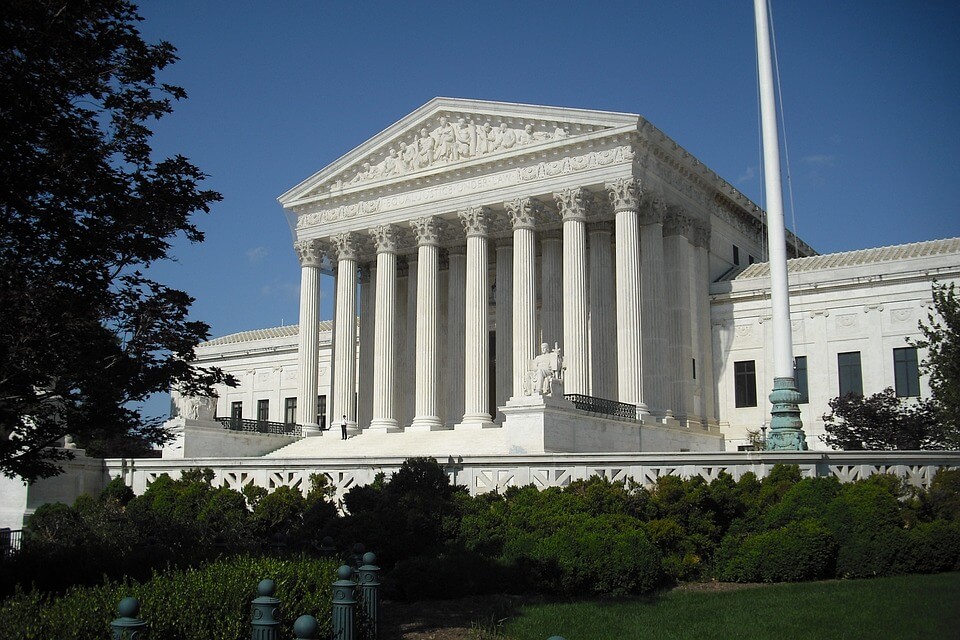
Why Communicating Your Estate Plan to Your Family is Essential
Estate planning can be a complex process. If you have a thorough, updated plan in place, you probably feel confident that your last wishes will be carried out. However, an important part of the process is often neglected—communicating your estate plan to your family and heirs. Sadly, if you fail to tend to this aspect of successful estate planning, your family could still be left in emotional and financial turmoil despite your efforts to document your wishes and provide a smooth transition of wealth.

Will Ancillary Probate Issues Affect You?
The term “probate” is not so unfamiliar—it conjures up thoughts of will administration, will contests, and sometimes mounds of paperwork. Probate assets are those that have no built-in survivorship feature, so it is up to a probate court to determine the proper disposition of those assets through a valid will or the laws of intestacy.

State Taxation of Trust Income: The US Supreme Court Has Spoken
Little did Joseph Lee Rice III know that, way back in 1992, when he created the Kimberley Rice Kaestner 1992 Family Trust, his descendants (the trust beneficiaries) would find themselves making claims before the Supreme Court of the United States someday; yet, some 27 years later, that is exactly the taxing situation in which the trust, the trustee, and the trust beneficiaries find themselves.

DAP Trusts: Asset Protection for Frequently Sued Occupations
Estate planning can be a complicated and confusing process. Part of estate planning is protecting your assets during your lifetime, for your own continuing support as well as to provide for your loved ones after you die. There are many options for asset protection for frequently sued occupations. One is the creation of a domestic asset protection trust (DAP trust).

The Essentials of Contesting a Will in Ohio
The death of a loved one brings a variety of changes, including grief and the winding up of the deceased’s estate. Normally, the decedent’s will directs the distribution of assets and debts, but what happens when someone disputes the will itself? The result is a will contest, a challenge to the validity of the will. Contesting a will in Ohio requires a thorough understanding of estate planning and probate in Ohio.

